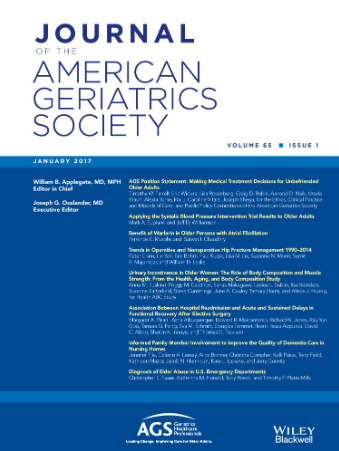“Nobody Can Be Equipped for This”: Advice From New Residents of Long-Term Care Facilities
Abstract
Background
The transition into a long-term care facility (LTCF) is difficult for older adults, prompting calls for clinicians to help guide and plan. Yet we know little about how those with lived experience of moving into an LTCF would advise others.
Methods
We conducted in-person semi-structured interviews with nursing home (NH) and assisted living (AL) residents within 6 months of moving into an urban non-profit continuing care retirement community in California between 2023 and 2024. Interviews were guided by theories of long-term care utilization and asked, “what advice would you give others considering an LTCF?” We thematically analyzed interviews using the constant comparative method.
Results
We interviewed 8 NH and 6 AL residents. Mean participant age was 82 (range 73–90); 8 were female, 1 participant was Asian, 13 participants were White, and mean Montreal Cognitive Assessment was 19 (range 12–25). Residents talked about LTCF entry within a broader phase of life defined by dependence following sudden unexpected health crises. Advice reflected strategies for this phase of life and highlighted challenges outside of their control. Some residents advised preparation by visiting facilities and budgeting time and resources to plan but discovered care arrangements did not work out as promised; care was fragmented, and dependence caused them to re-evaluate what they wanted. Some advised avoidance as they disliked living in an LTCF but had little control over entry, leading to distrust of those making decisions for them. Others advised acceptance and believed luck or fate dictated how everything worked out in the end.
Conclusions
Unanticipated health crises catalyze entry into LTCFs. New residents advised others to prepare for, avoid, or accept LTCF entry, reflecting different strategies for approaching a unique phase of life and highlighting systemic problems that could be improved. Anticipatory guidance for LTCF transitions should acknowledge their sudden nature, these strategies, and the need for system reform.

 求助内容:
求助内容: 应助结果提醒方式:
应助结果提醒方式:


